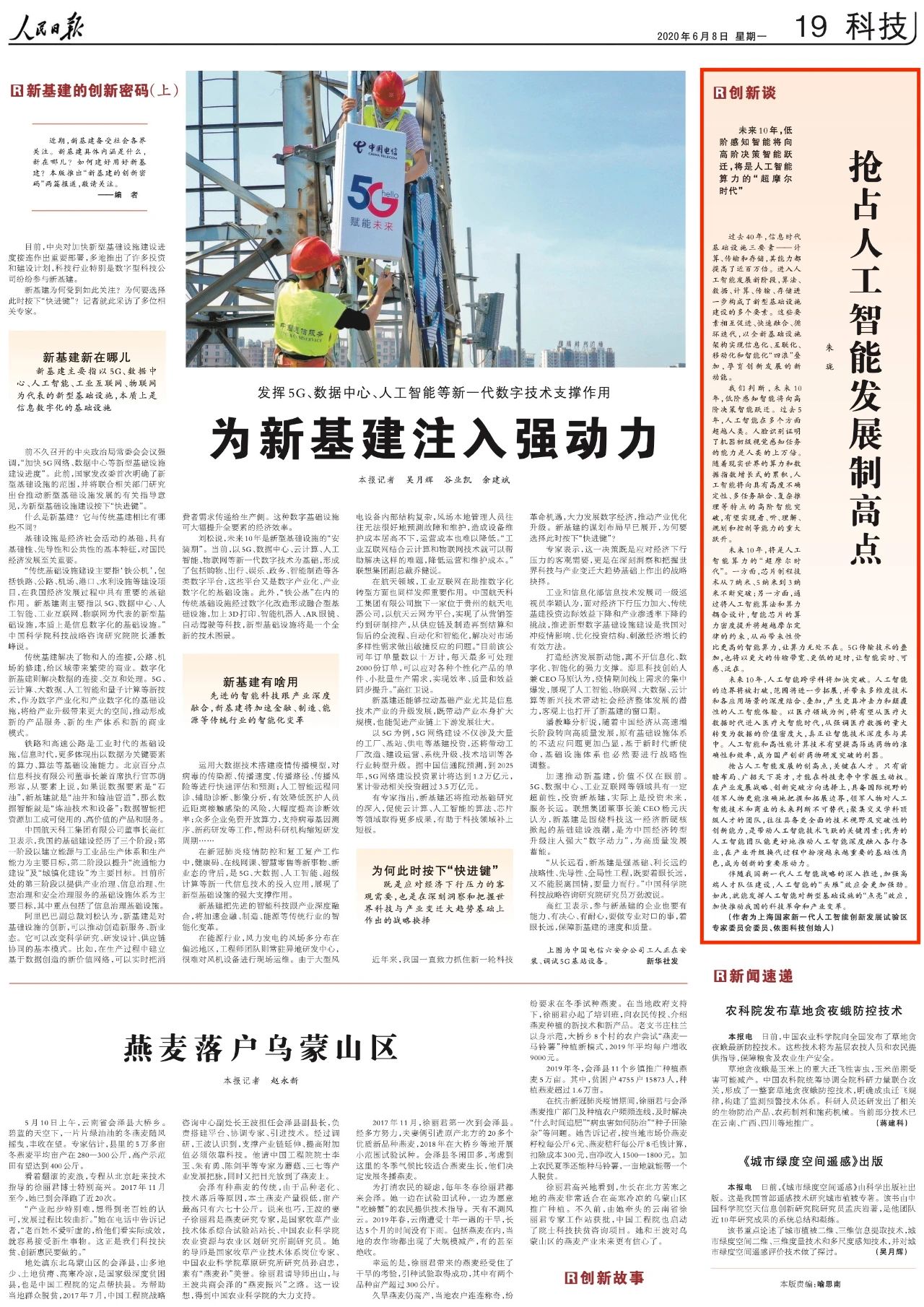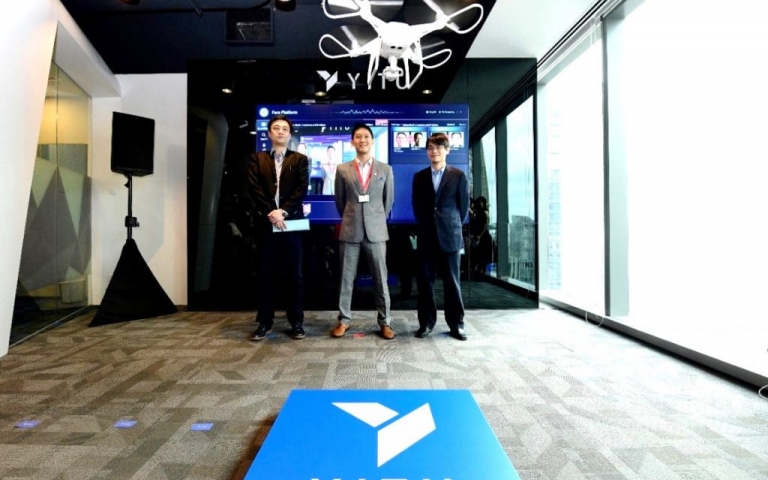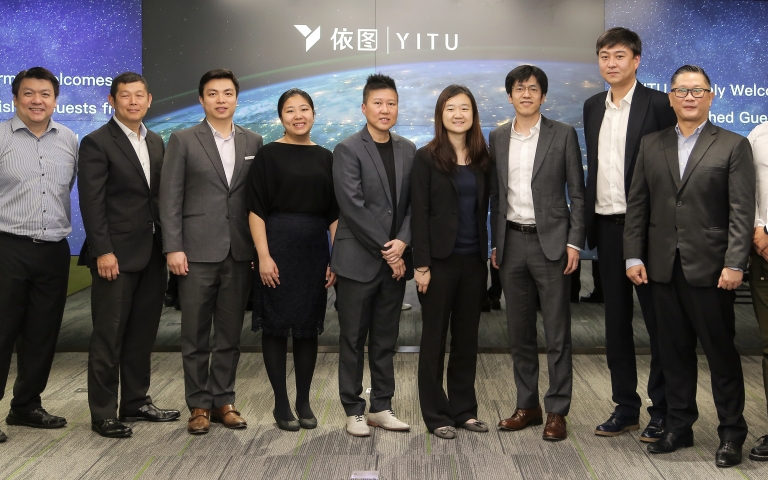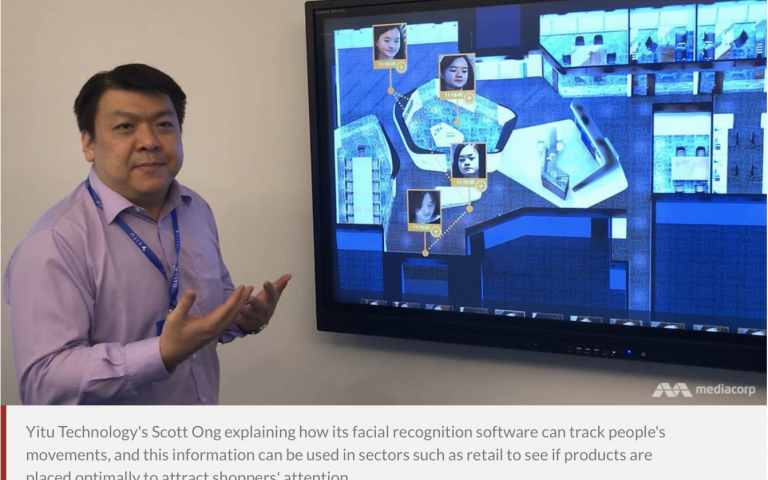Introduction
Today, People's Daily published a signed article by Dr. Zhu Long, the founder of YITU Technology, titled "Seizing the High Ground of Artificial Intelligence Development." The article looks ahead to the development of the industry over the next decade.
In the article, Dr. Zhu points out that artificial intelligence (AI) has entered a new phase of development, where algorithms, data, computing, transmission, and storage have become key elements of the new infrastructure, driving innovation and new momentum. Over the next decade, it is predicted that AI computing power will enter the "post-Moore's Law era," with low-level perceptual intelligence transitioning to high-level decision-making intelligence. AI's interdisciplinary breakthroughs will accelerate in this period.
Here is the full text, shared for your discussion and insights.

Seizing the High Ground of Artificial Intelligence Development
Zhu Long
In the past 40 years, the three core elements of information age infrastructure—computation, transmission, and storage—have increased in capacity by nearly one million times. As artificial intelligence enters a new stage of development, algorithms, data, computation, transmission, and storage now form a new set of elements in the infrastructure of the future. These elements work together, rapidly integrating and iterating in cycles, creating a new infrastructure architecture that integrates information, connectivity, mobility, and intelligence. This is fostering new momentum for innovation and development.
We predict that over the next decade, low-level perceptual intelligence will transition to high-level decision-making intelligence. Over the past five years, artificial intelligence has already surpassed human capabilities in many areas. For example, facial recognition has demonstrated that machines' ability to perform basic visual tasks is tens of thousands of times more powerful than that of humans. With the exponential increase in computational power and data accumulation in the real world, AI will break through to higher levels of intelligence, characterized by uncertainty, multi-task fusion, and complex reasoning. It is expected to achieve significant advances in capabilities such as vision, hearing, understanding, planning, and control.
In the next decade, we will enter the "post-Moore's Law era" of artificial intelligence computing power. On one hand, chip manufacturing technology continues to break through, from 7nm and 5nm to 3nm processes. On the other hand, through coupling AI algorithms with computational power in chip design, the density of computing power in intelligent chips will surpass Moore's Law, bringing more cost-effective and pervasive intelligent computing power. The integration of 5G transmission technology will also increase transmission bandwidth and reduce latency, enabling real-time, ubiquitous intelligence.
In the next decade, interdisciplinary breakthroughs in artificial intelligence will accelerate. The boundaries of AI will be expanded, leading to deep integration and overlap of multi-dimensional technologies and various application scenarios, resulting in more disruptive and impactful AI experiences. In the medical field, for example, we are expected to move from the era of big medical data to the era of big intelligent medical systems. This shift will change the focus from the sheer volume of data to the value density of data, allowing intelligent technology to participate deeply in the process. AI, combined with high-performance computing, is expected to enhance the accuracy and efficiency of drug screening, becoming a key tool for breakthroughs in the development of domestically produced innovative drugs.
Seizing the high ground in AI development fundamentally depends on talent. Only by making forward-looking plans and attracting talent from all over the world can we take the initiative in the competition for technological leadership. In terms of industrial development strategies and innovation breakthroughs, visionary leaders with a global perspective will be better positioned to accurately grasp and expand the boundaries of AI technology. The judgment of leaders on the future of AI technology and business is irreplaceable. Teams that bring together top talent from interdisciplinary fields are more likely to have comprehensive technological insights and breakthrough innovative capabilities. These teams are key to driving AI's technological leap. A strong AI team can also help AI deeply integrate into various industries, playing an increasingly important foundational role in industrial upgrading and transformation, and becoming a crucial driving force for innovation.
As China's new generation AI strategy continues to be implemented, strengthening the construction of high-end talent teams will further amplify the "leading" effect of AI. In this way, AI will help "light up" new infrastructure, accelerating China's technological revolution and industrial transformation.
You can copy the link to share to others: https://www.yitutech.com/node/959




